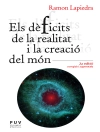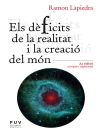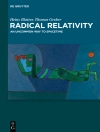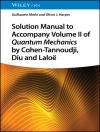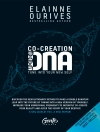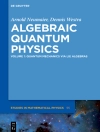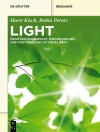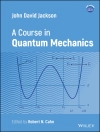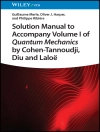This Brief is an essay at the interface of philosophy and complexity research, trying to inspire the reader with new ideas and new conceptual developments of cellular automata. Going beyond the numerical experiments of Steven Wolfram, it is argued that cellular automata must be considered complex dynamical systems in their own right, requiring appropriate analytical models in order to find precise answers and predictions in the universe of cellular automata.
Indeed, eventually we have to ask whether cellular automata can be considered models of the real world and, conversely, whether there are limits to our modern approach of attributing the world, and the universe for that matter, essentially a digital reality.
สารบัญ
Introduction: Leibniz, Turing Zuse, and Beyond.- Simplicity in the Unviverse of Cellular Automata.- Complexity in the Universe of Cellular Automata.- Symmetry in the Universe of Cellular Automata.- Attractors in the Universe of Cellular Automata.- Time in the Universe of Cellular Automata.- Matter in the Universe of Cellular Automata.- Life and Brain in the Universe of Cellular Automata.- Outlook: Is the Universe a Computer?.
เกี่ยวกับผู้แต่ง
Leon Chuas awards include:
IEEE Gustav Robert Kirchhoff Award, 2005′
Top 15 most cited Author in Engineering Award, 2002
(This award was chosen from the Current Contents (ISI) data base of all cited papers in the Engineering discipline (all branches of engineering) indexed from 1991 to October 31, 2001.)
IEEE Neural Networks Pioneer Award, 2000
IEEE Third Millenium Medal, 2000
IEEE Circuits and Systems Society Golden Jubilee Medal, 2000
Mac Van Valkenburg Award (1995 and 1998)
IEEE Centennial Medal, 1985
Alexander von Humboldt Senior US Scientist Award, 1982
Frederick Emmons Award, 1974
IEEE W. R. G. Baker Prize Award, 1973
IEEE Browder J. Thompson Memorial Prize Award, 1973
and he holds several honoris cause doctorates.



